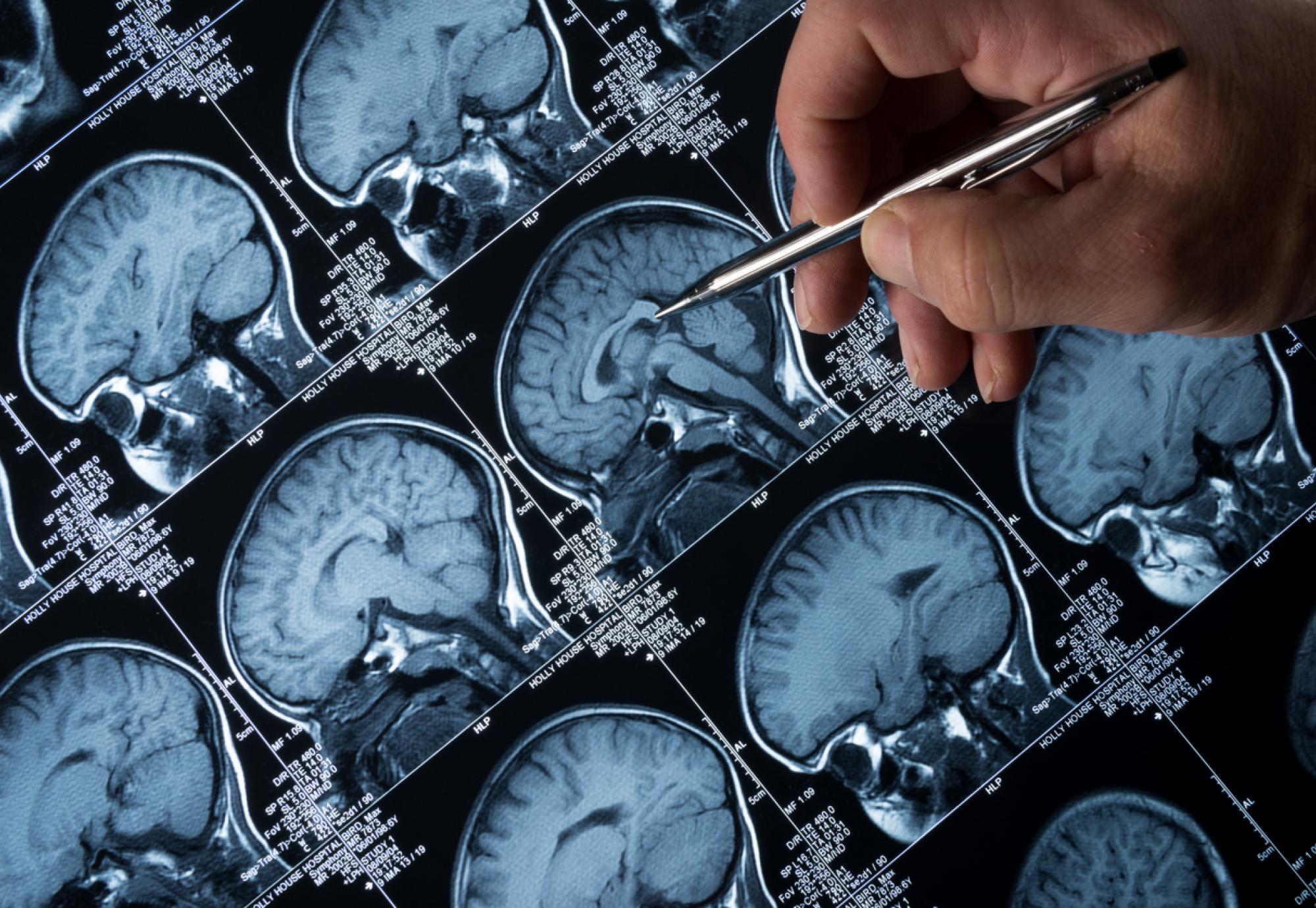New research, supported by the National Institute for Health and Care Research, has revealed that a single brain scan could be enough to diagnose Alzheimer’s disease in a new breakthrough.
The research, which was published in the Nature Portfolio Journal Communications Medicine, consisted of developing an algorithm that could accurately detect the existence of Alzheimer’s at an early stage, when it can be extremely difficult, and applied it to MRI scans of the brain.
The team split the brain up into 115 regions and assigned up to 660 different features like shape, size and texture and trained the algorithm to be able identify neurological conditions, even finding abnormalities in areas of the brain not previously associated with Alzheimer’s – the cerebellum and the ventral diencephalon.
Dr Paresh Malhotra, who is a consultant neurologist at Imperial College Healthcare NHS Trust and a researcher in Imperial’s Department of Brain Sciences, said: “Although neuroradiologists already interpret MRI scans to help diagnose Alzheimer’s, there are likely to be features of the scans that aren’t visible, even to specialists.
“Using an algorithm able to select texture and subtle structural features in the brain that are affected by Alzheimer’s could really enhance the information we can gain from standard imaging techniques.”
After testing their algorithm on brain scans from more than 400 patients with late-stage Alzheimer’s, frontotemporal dementia and Parkinson’s disease, the researchers found that their “MIR-based machine learning system” had a 98% success rate determining whether the patient had Alzheimer’s or not. It also distinguished between early and late-stage Alzheimer’s with a fairly good accuracy of 79%.
Professor Eric Aboagye, from Imperial College London’s Department of Surgery and Cancer, who led the research, said: “Currently no other simple and widely available methods can predict Alzheimer’s disease with this level of accuracy, so our research is an important step forward.
“Many patients who present with Alzheimer’s at memory clinics do also have other neurological conditions, but even within this group our system could pick out those patients who had Alzheimer’s from those who did not.
“Waiting for a diagnosis can be a horrible experience for patients and their families. If we could cut down the amount of time they have to wait, make diagnosis a simpler process, and reduce some of the uncertainty, that would help a great deal. Our new approach could also identify early-stage patients for clinical trials of new drug treatments or lifestyle changes, which is currently very hard to do.”
This new data now presents an opportunity to explore new avenues of research to learn even more about Alzheimer’s – potentially opening up new treatments and improved clinical trials.
More information on the new breakthrough is available here.



















